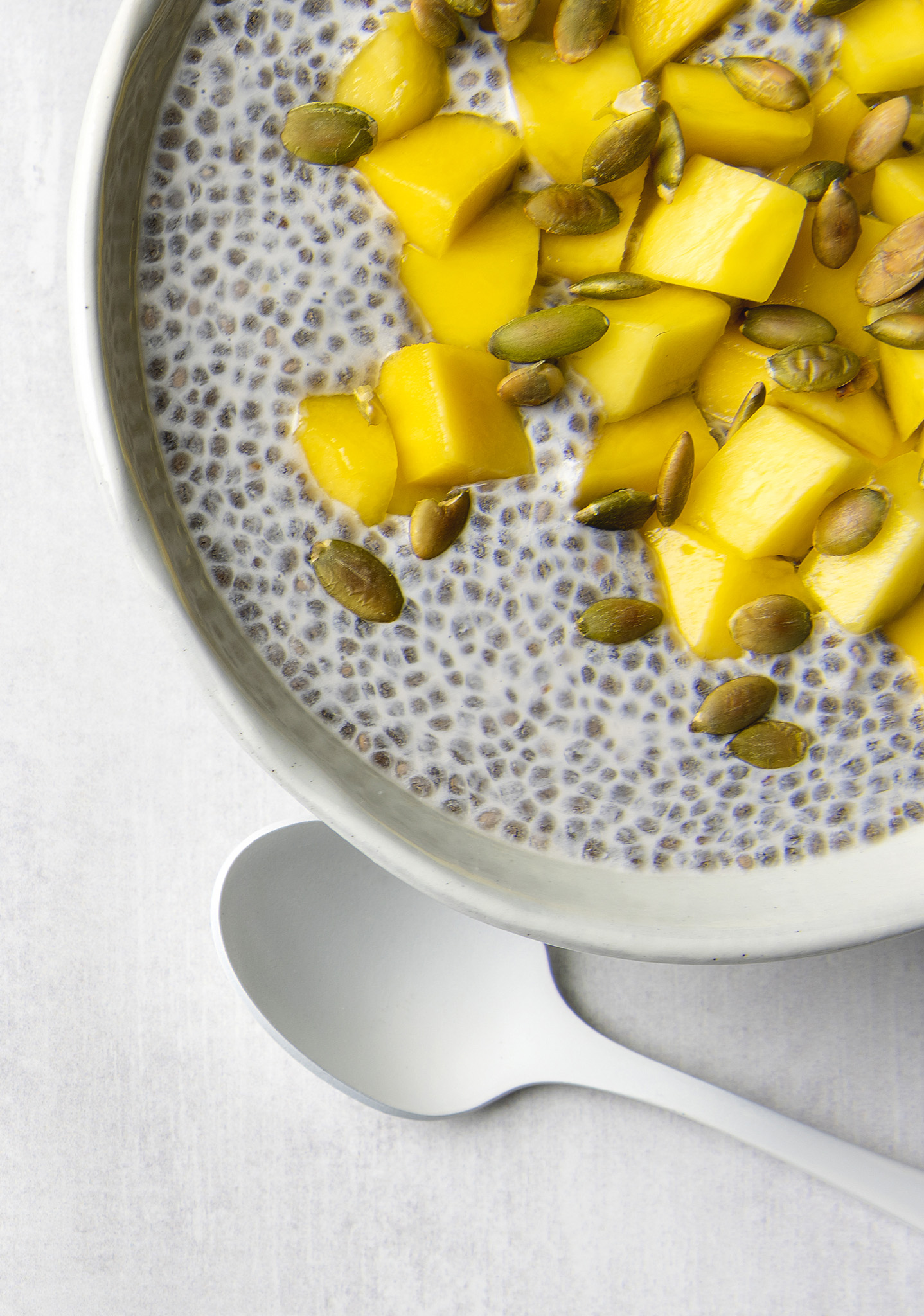Healthy Eating 101
Welcome to the campus life! You’re probably experiencing a lot of new things as you take this next step in your life, and cooking for yourself is one of them. But I want you to know that cooking and eating healthy food can be fun and not a chore! Before you embark on cooking and eating healthier, it’s important to understand some basic nutrition concepts so you can change your eating habits and fuel your body properly. Understanding these simple concepts will help you build healthy meals and enjoy healthy snacks without adding more stress to your life!
What is Energy?
Despite the name, energy is not found in energy drinks, and it’s not found in coffee, supplements, or other caffeinated beverages like soda or tea. Energy comes from calories, and in order to produce the energy your body needs to function on a daily basis, your body needs lots of them! But how many calories does the average student need? That depends on a lot of factors including, but not limited to, your body composition, your activity levels, your stress levels, and how much rest you get. Students are always surprised to learn how many calories they really do need to function at their best, and they also tend to learn the hard way that trying to cram their daily calories into 1 or 2 meals just doesn’t cut it. It can result in unhealthy snacking, fatigue, disrupted sleep, and other less-than-ideal habits and side effects. Your daily calorie intake should be spread throughout the entire day and over three balanced meals, with satisfying snacks that are spaced around your classes, activities, and training (if you are an athlete).
Also, where those calories come from matters! Yup, cookies have calories, and while I totally support satisfying those sweet cravings from time to time, the majority of your calories needs to come from healthy foods to ensure you are giving your body and mind what they need.
Macronutrients: Carbohydrates, Fats, AND Protein
Carbohydrates, fats, and proteins as a group are called macronutrients, and they are where you get your energy from. Carbs are your brain’s and muscles’ primary sources of energy; fats also are good for energy production, plus they help maintain a proper hormonal balance; protein is vital for muscles, but also for producing enzymes and promoting healthy immune function. Together, these macronutrients complete the trifecta required to keep you feeling and performing your best. So what foods offer up these coveted macros? The majority of your macros should come from the crème de la crème of each category. For carbs, look for whole grains including breads, pastas, cereals, oats, and rice; fruits and vegetables are all good sources of healthy carbs, while plant oils like olive and canola, avocados, nuts and nut butters, seeds, and egg yolks are all excellent sources of healthy fats. Seafood, beans, soy, eggs, and lean meats like chicken, turkey, pork and lean cuts of beef are all excellent sources of protein. Crossover foods like legumes (beans, peas, lentils, and peanuts) and dairy (milk, cheese, and yogurt) cover all three categories, so be sure to eat plenty of those, too.
Micronutrients: Vitamins and Minerals
Micronutrients are vitamins and minerals that are contained in foods, and while they don’t provide calories or energy for your body, you still need them in order to keep your body healthy. The specific benefits of each vitamin or mineral can vary, but in broad terms, vitamins support metabolism and the immune system and protect cells, while minerals help support bones and muscles, promote brain health, and support hormones and enzymes. Together, these micronutrients get A LOT accomplished. Fruits and vegetables, whole grains, nuts, and seeds are all vitamin-rich foods, while dairy, beans, nuts, meat, eggs, seafood, and whole grains are all rich in minerals.

